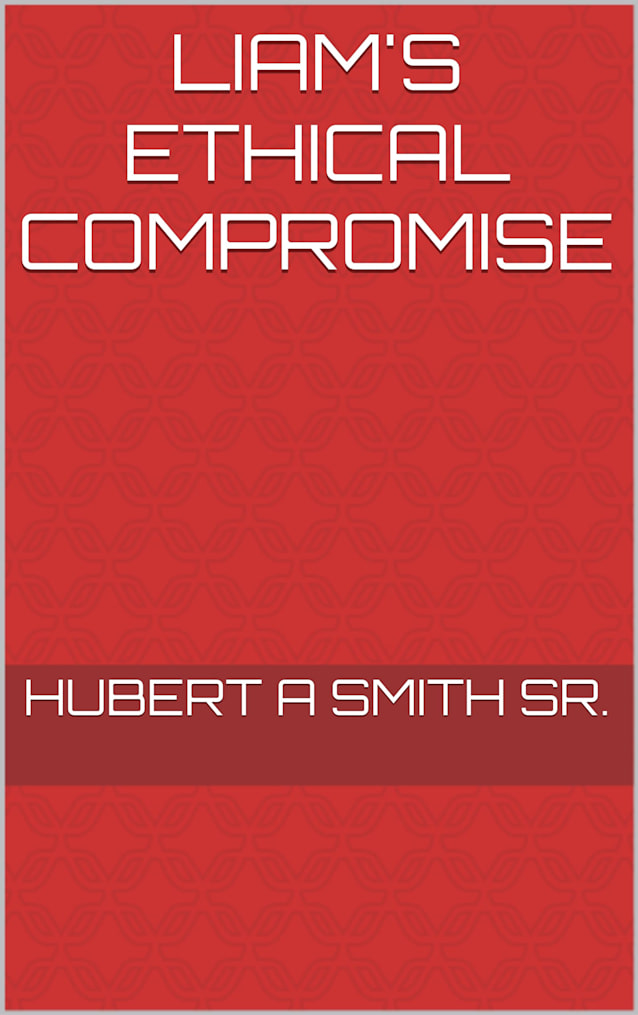Liam’s Ethical Compromise: A Chemical Operator’s Battle Between Truth and Survival.
About
There was a time when darkness was a shield for wrongdoing.
When the sulfur plant’s gates opened under the cover of darkness, when the alarms were silenced while the world slept, when the fog rolled down the hills and coated Pine Hollow in poison.
It was in that darkness that they thought no one would notice, that no one would fight back.
They were wrong.
Now, Pine Hollow lives under the cover of light.
The kind that came from porch lights illuminating air monitors blinking green through the night.
The kind that came from streetlamps powered by solar panels, humming softly in the evening breeze.
The kind that came from data points on screens, showing the invisible air, making it visible to anyone who cared to look.
The darkness could not hide the truth anymore.
Sensors in kitchens and classrooms recorded every spike, every leak, every threat.
Parents no longer stayed silent, and workers no longer ignored the sting in their throats.
Youth clubs tested soil and water, reporting results publicly.
No manager could quietly flip a switch to profit under cover of darkness without the world knowing.
Eli, now in his dorm room miles away, often glanced at the small sensor on his desk, connected to Pine Hollow’s network, still blinking green.
He checked the town’s air data daily, sharing spikes with the youth club back home, analyzing trends for his engineering research.
When his roommate asked why he cared so much about a small town’s air, Eli smiled quietly.
“Because it matters,” he said. “Everywhere.”
Maria spent her mornings tending to a small community garden near the old sulfur plant site, now a public park.
Children played nearby, and parents sipped coffee, breathing deeply, unafraid.
Sometimes, she would run her hand through the dark and rich soil, the plants growing strong where once the ground was dead and sour with acid rain.
She would look up at the sky, watching the sunrise.
She would remember the darkness.
And she would smile, knowing they had chosen to stand in the light.
6
Liam drove from town to town, giving workshops in union halls, schools, and community centers.
He spoke of Pine Hollow, not as a tragedy but as a lesson.
A lesson that workers could stop unsafe operations.
A lesson that communities could protect themselves.
A lesson is that silence was the true danger, not the chemicals.
When workers thanked him after meetings, he would shake his head.
“Thank yourselves,” he would say. “You’re the light now.”
7
Reynard continued to guide workers and communities across the region, helping them build their own monitoring networks.
He never took credit, never sought the spotlight, but he kept a small printout in his wallet photo of the sulfur fog from that first night in Pine Hollow.
A reminder of why silence could never be an option again.
8
The monitors kept blinking.
The alarms stayed on.
The people stayed vigilant.
Under the cover of light, there was nowhere left to hide.
9
One evening, Maria and Eli, home for the summer, stood on the hill above the golf course, watching the sun set behind the turbines turning slowly in the warm wind.
“Do you think it’s really over?” Eli asked softly.
Maria shook her head.
“It’s never over,” she replied, her eyes reflecting the orange glow of the sky. “But it’s better. Because now, we’re watching.”
Eli took a deep breath, the air clean, clear, alive.
“Under the cover of light,” he whispered.
Maria smiled, placing her hand on his shoulder.
“Yes,” she said. “Under the cover of light.”
10
The wind moved through the grass, whispering across the park where sulfur once choked the earth.
A monitor blinked green in dusk.
A child laughed in the distance.
A community stood, unafraid, ready.
Under the cover of light.
